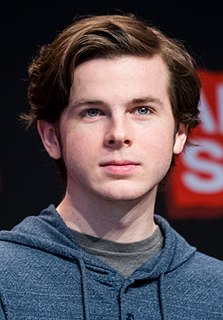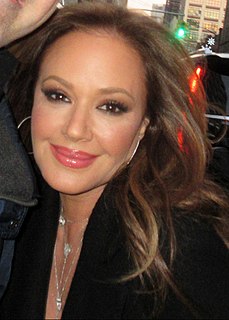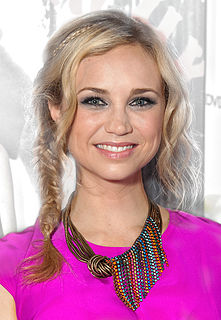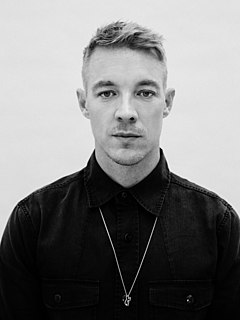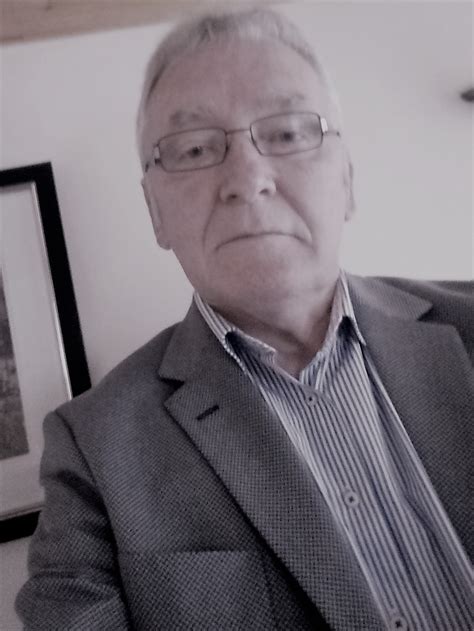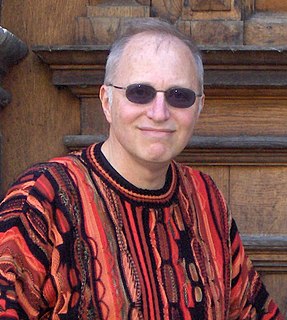A Quote by Scott M. Gimple
I actually come from comics, and I'm big on comics. I was reading 'Walking Dead' from the beginning. Then just being on the show, I was really lucky to work on episodes like 'Pretty Much Dead Already' and 'Clear.' I worked a lot on episodes that I didn't write.
Related Quotes
Since I started as a comic person then became a musician to me it was interesting because I have this really great, interesting fanbase that's really smart and energetic and uh how could I steer them towards a medium that shaped who I was? You know, steer them toward comics. That was really the goal, to bring a lot of readers cuz they were reading a lot of comics but most of them hadn't been reading American comics, they'd be reading manga sitting on the floor of a Barnes and Noble.
Just the fact that there's motion and sound, took me a long time on Walking Dead to get used to the fact that in television, characters don't have to say things. In comics, people have to say I feel this way, or I want to do this, and you can do so much with gesture and movement and facial expressions that you can do sometimes facial expression stuff in comics, but you can do so more if somebody can move around without actually speaking. That leads to a different style of writing between the two mediums.
There are a lot of good comics, no doubt, but as far as the quality of the comics goes, I think what you have is a bunch of situational comics - there are black comics that work only black crowds, gay comics that do only gay crowds, and southern comics that only work down South, and so on with Asian, Latino, Indian, midgets, etc. The previous generation's comics were better because they had to make everybody laugh.
To journalists my move from comics to films to best-selling novels was resembling those little evolutionary maps too much, where you see the fish, and then it can walk, and then it's an ape and then it gets up on its hind legs and finally it is a man. I didn't like that. I didn't like the fact that there was something rather amphibious about me - at least in their heads - back when I was writing comics. So I like continuing to write comics, if only because it points out that I haven't just started to walk upright or left the water.
In animation, you may be working with 20 writers, and everybody has to write the same thing. You can't have episodes that don't feel like they belong. In comics, you're gonna write a whole run, which means it's your style that's coming through. But when you're working on a show that's collaborated with a dozen other writers, you have to have a style that blends the show together. So you can't write it the way you normally would, because your script will stand out from all the others.
The magic of comics is that there are three people involved in any comic: There is whoever is writing it, and whoever is drawing it, and then there's whoever is reading it, because the really important things in comics are occurring in the panel gutters, they're occurring between panels as the person reading the comics is moving you through, is creating a film in their heads.

